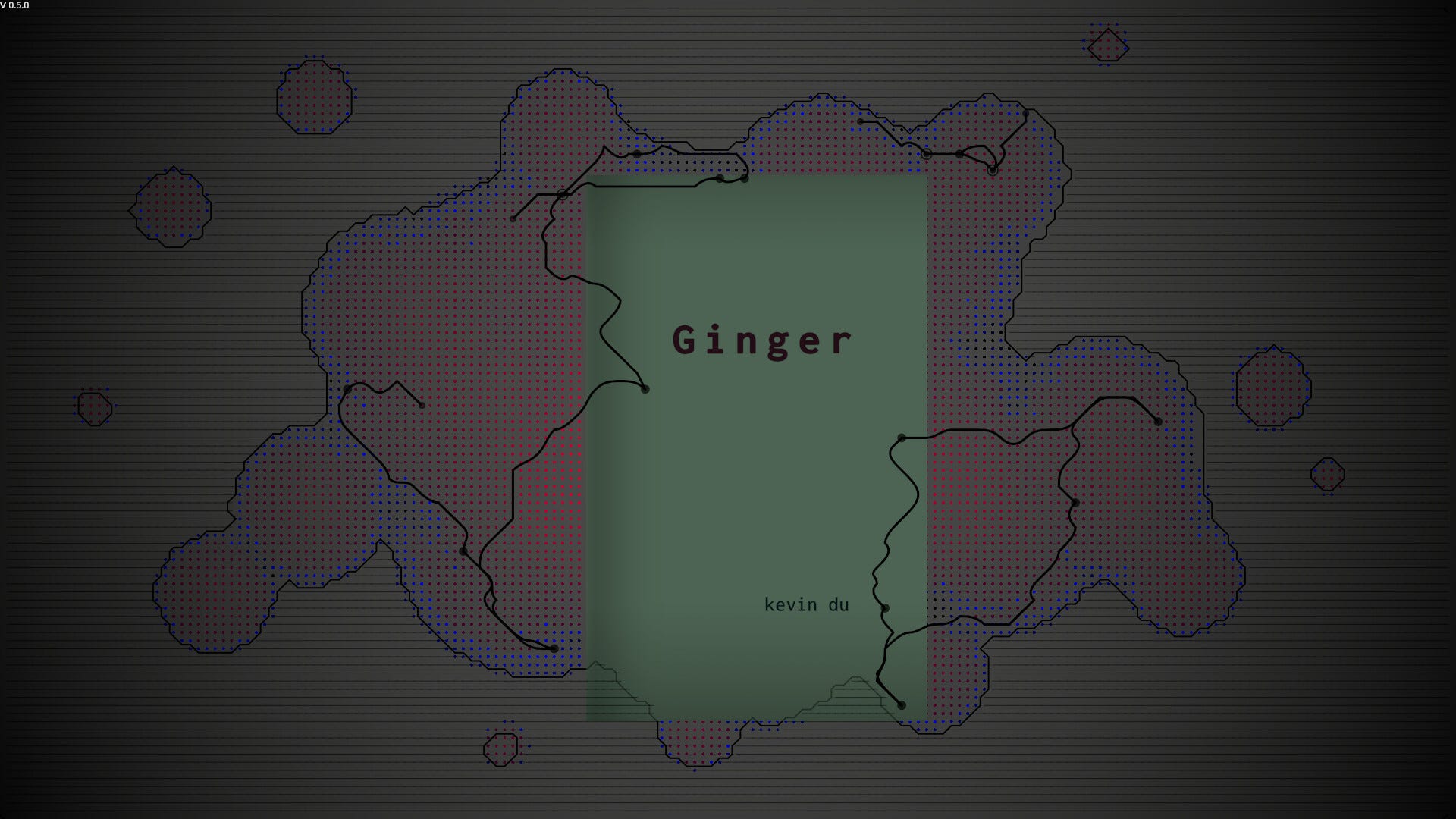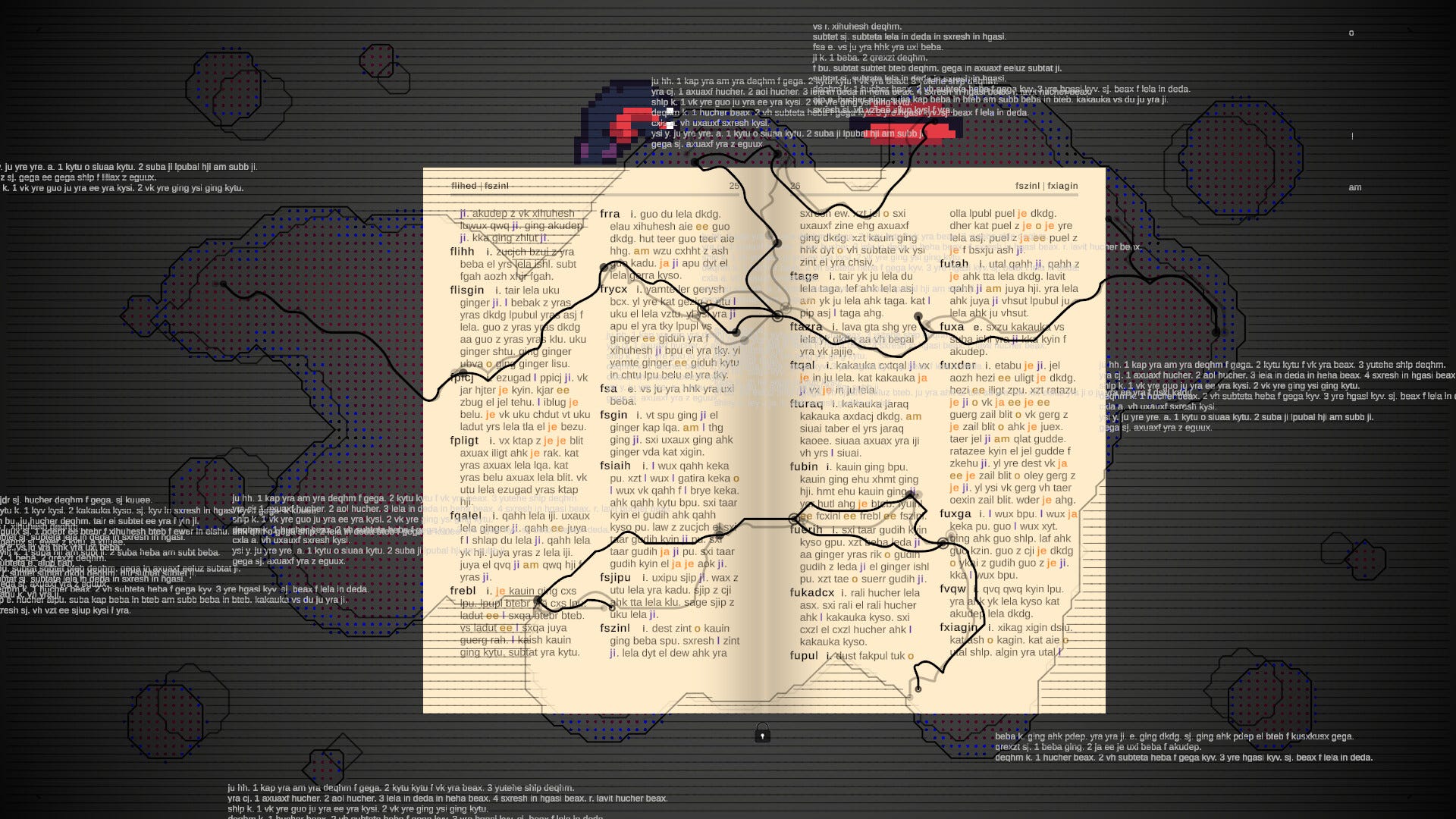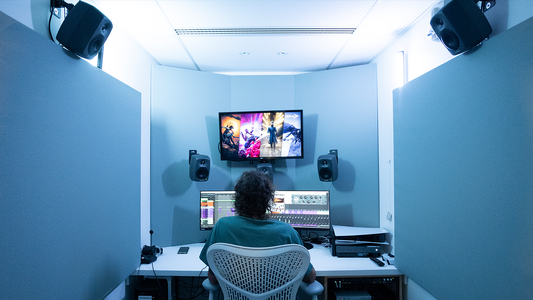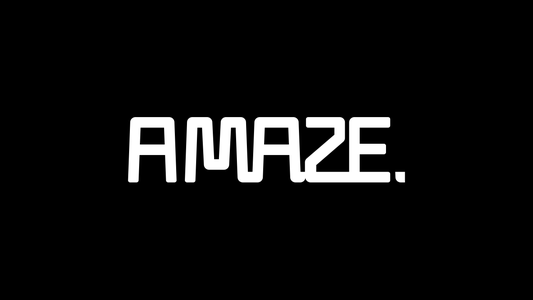.png?width=1280&auto=webp&quality=95&format=jpg&disable=upscale)
Via Kevin Du
The IGF (Independent Games Festival) aims to encourage innovation in game development and to recognize independent game developers advancing the medium. This year, Game Developer sat down with the finalists for the IGF's Nuovo Award and the Seamas McNally Grand Prize ahead of GDC to explore the themes, design decisions, and tools behind each entry. Game Developer and GDC are sibling organizations under Informa.
Ginger is an exploration of an unknown language, tasking the player with finding meaning in their own cross-references between the words and their ability to hear the words’ pronunciations.
Game Developer spoke with Kevin Du, the game’s creator, about the challenges (and the appeal) of creating their own spoken language, why they structured the game like a dictionary, and what drew them to add elements to assist with the pronunciation of their created words.

Who are you, and what was your role in developing Ginger?
My name is Kevin Du. I’m the solo developer of Ginger. My previous work is Kevin (1997-2077).
What's your background in making games?
I studied game development and architecture at university. Following graduation, I make experimental games as a full-time job.
How did you come up with the concept for Ginger?
The original prototype is an adaptation of the story of Jonah and the Whale. Jonah can’t visualize the world without the whale’s help and speech is the only thing Jonah can do. I set it up to discuss the relationship between body (the whale) and so-called soul (Jonah), but later on they were abstracted to organs and words.
What development tools were used to build your game?
I used Unity Engine with two plug-ins: Shapes by Freya Holmér and Book—Page Curl Pro by Abdullah Aldandarawy.
Your previous IGF-nominated game, Kevin (1997-2077), explored language and meaning through a sprawling story told across notes in a made-up visual/hieroglyphic-like language players needed to decipher. In this game, the language players need to work through is words in a language you have created. What appealed to you about exploring language and meaning again? What drew you to do so with words players can say and pronounce? To do so with words at all?
I hope the world can be united together, but language barriers are everywhere. A well-known thing in one culture could be unknown to all elsewhere, which could cause difficulty with understanding others. The language in Kevin (1997-2077) is emotionally personal as a result of pictorialization. After finishing it, I found a few questions about language remained unclear: Is it natural or artificial? Is it a carrier or an unseparated segment of knowledge? Is language essential to be loved?
To solve those questions, I made a general language this time which looks like a European language but with unconventional grammar (regarding regular perspective). The Latin alphabet and the languages within it play a significant role in the current world. A considerable portion of knowledge is only recorded in those languages. What if we completely stripped away all external references—for instance, we know the word “car,” but what if someone has never seen a car, like an alien?
I eagerly encourage the player to rebuild knowledge. Playing as a practical activity has the power of transformation. I believe the more the player ponders, the more tolerant the person will be.
What design challenges came from creating a whole new written language? What neat elements and gameplay possibilities came out of designing this language?
Regarding this language, the design work was suffering at the beginning because every word longs to be defined by other words which haven’t been existent and defined yet. In addition, they are fundamental words that highly resonate with a designer’s philosophy, so I must be careful. I made the language environment self-sufficient when I hit around 300 words.
In the early phase, I came up with an idea of talking with the voiced sounds and casting spells with the voiceless sounds. That’s why voiced and voiceless sounds appear as a pair in the game; all the conversions can become magic if you whisper.

Images give players many more clues about what a symbol might mean, but a letter-based language may not give any clues on what a word means without comparing it to another language. What thoughts go into giving players some hints on what a word might mean? Into creating the game's system of internal cross-references to start figuring out what this language means?
All internal cross-references, as a whole, were the most important aesthetic goal I was pursuing. Like a flowing being over the ground, the lake, the mountains. No power is supporting it, but it is just there, flowing silently.
To make the game more playable (in a regular way), I added a subtle tutorial/guide. However, to be honest, I can’t say I like it. If I have a chance to make a printed version, I will remove that part to immerse in the purity.
What drew you to structure the narrative as a dictionary? And how did you create a story within the confines of a dictionary layout? How do you create a narrative through a reference book for a language?
I have a strong sense of the intensity between knowledge and a “beloved you.” A dictionary is about delineation and narrative is about intermingling. The dictionary prepares materials and the player blends them. As a designer, I devoted myself to the cookbook, not the cooking. Additionally, the kinds of words that are included and the frequency of them impact the emotion.
What drew you to add the pronunciation elements at the top of the screen? Why was the pronunciation an important part of the player's experience with the game? Why was it so important to give such detailed information about mouth movements for the pronunciation?
In the context of Jonah mentioned before, mouth movements are the representation of body. Tortuous simulation can bring a sense of awareness. Regarding general language, practically, pronunciation makes a book readable, not only seeable, then talkable, not tacit. With the help of the in-game vocabulary, pronunciation turns a btebr into a pdepr.
How has crafting this experience of language and understanding affected you? What have you taken away from creating this experience?
I quite dislike the idea that making games is creating experiences. "Experience" is more like a commercial term. The player wants to be more excited while shooting, so the designer improves the shooting experience via design. I don’t think designing Tetris or Chess is designing experiences. Instead, I believe crafting games is forming a quality/characteristic/trait/personality, or even further, a being. Like biologically, while we bear a child and guide them, we don’t think we are carving an experience, but an interactable individual—and this is a game.
One of the original goals of making this game was to clear my confusion. It did a good job on this purpose. Another goal was to craft the quality of tolerance. I hope I, by making the game, and the player, by playing the game, can become more tolerant. As some players said, they became more honest after playing Kevin (1997-2077).





































